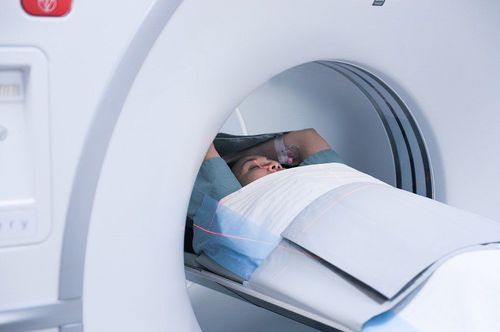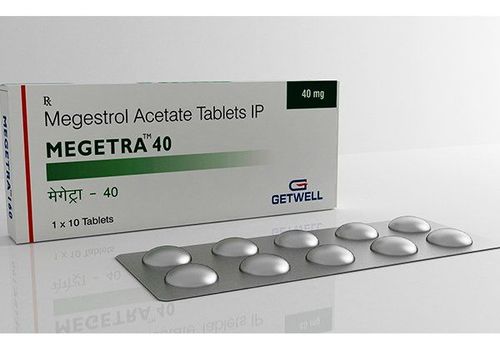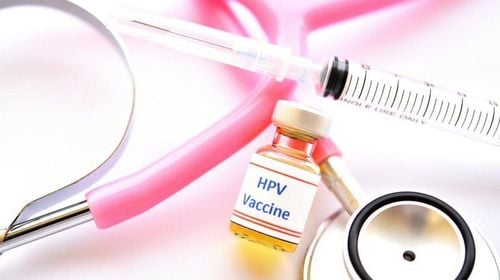This is an automatically translated article.
Folk have a saying "prevention is better than cure", so everyone needs to take good care of their health from an early age. One of the important steps to help women prevent dangerous diseases is to carry out regular comprehensive female health checkups as recommended by experts.
1. Checking women's health by screening for breast cancer
During women's reproductive health screenings, specialists often recommend that patients undergo breast cancer screening tests. This is a necessary step, because the earlier breast cancer is detected, the higher the chance of a woman's cure.
Women between the ages of 20 and 30 should have regular breast exams about every 1-3 years to screen for cancer. Also, if you have a high risk of developing breast cancer, such as a family history, it's best to get screened more often.
Breast cancer screening usually includes a physical exam and low-dose X-ray mammograms. Through these examination methods, the doctor can easily find the presence of tumor, thereby choosing the right treatment.
Some experts also recommend that women in their 40s get yearly mammograms during their comprehensive female health checkup. Women from 50 to 70 years old can go for breast cancer screening about every 1-2 years.
2. Cervical cancer screening
Cervical cancer is a very common gynecological disease in women, occurring mainly due to the human papillomavirus (HPV). Therefore, early screening for the disease is extremely important, helping to preserve fertility for women.
Your doctor may perform an HPV test or a Pap smear to screen for cervical cancer. Through these tests, abnormal cells on the cervix are found and removed before turning into cancer.
Sometimes, a Pap smear can also be done in conjunction with an HPV test, depending on the patient's medical condition. In addition, the specialist will also discuss how often to screen based on your risk factors.
Although a vaccine is now available to help prevent HPV and protect women under the age of 26 from some strains of HPV. However, vaccines do not protect against all strains of this virus, and not all cervical cancers are caused by HPV. Therefore, cervical cancer screening during regular women's health check-ups still plays a very important role.
See more: What does cervical cancer screening at Vinmec check?
3. Osteoporosis Screening Tests
Osteoporosis is a condition in which bones become weak and brittle, usually affecting mainly post-menopausal women. The first symptoms of osteoporosis that you may notice include pain that worsens with sudden falls, bumps, or twists. According to statistics, more than half of all fractures are in women.
Fortunately, osteoporosis is completely preventable and treatable if you have regular screening tests during your female reproductive health check-ups. One of the most commonly used screening methods is dual-energy X-ray absorptiometry (DXA), which measures bone strength and detects osteoporosis before it progresses to fracture.
The DXA method also helps predict future fracture risk and is generally recommended for all women over the age of 65. However, if you have any risk factors for osteoporosis, try to start screening earlier.

Kiểm tra sức khoẻ phụ nữ có thể thực hiện đo loãng xương
4. Women's comprehensive health check by skin cancer screening
Most skin cancers, when screened and treated early, can save women from many other serious health risks, including death. In particular, people with genetic factors in the family that increase the risk of skin cancer when exposed to too much UV light should also undergo early screening.
You should also regularly monitor any changes in your skin, including moles and freckles. A change in their color, shape, and size can be a warning sign of skin cancer.
5. Screening for high blood pressure in women
The risk of high blood pressure in women will increase when entering middle age, especially those who are overweight or have some unhealthy habits. High blood pressure can lead to heart attacks or strokes, which are life-threatening without any warning.
For the above reason, early screening for high blood pressure through comprehensive female health checks can help women eliminate dangerous diseases. Normal blood pressure levels in adults will be less than 120/80. When blood pressure readings reach 130/80, or higher, this is a sign of high blood pressure.
6. Check blood cholesterol level
High levels of cholesterol in the blood can lead to the formation of plaque that clogs the arteries. If plaque accumulates for a long time and is left untreated, it can cause a heart attack or a very dangerous brain stroke.
To accurately check the cholesterol level in the body, you need to fast for about 9-12 hours. You will then have a blood test that measures total cholesterol, good cholesterol (HDL), dry cholesterol (LDL), and triglycerides (blood fats). During a comprehensive female health checkup, your doctor will discuss with you when to start and how often to perform tests.
7. Type 2 diabetes screening
Type 2 diabetes is one of the leading causes that trigger the development of kidney disease, heart disease, blindness and stroke. The disease tends to affect women more than men. However, you can control diabetes through exercise, diet, weight loss, medication, and especially with early screening.
Usually, when screening for type 2 diabetes, the doctor will ask the patient to perform a blood test. Patients need to fast for 8 hours or longer before testing blood glucose levels to get the most accurate results.
If the blood sugar level is between 100 - 125, this indicates that you are showing signs of prediabetes. When the blood sugar reading after the test is 126 or higher, it means you have diabetes. In addition, several other tests are also recommended, including an A1C test or an oral lactose tolerance test.
8. HIV screening tests
HIV is a virus – the virus that causes AIDS , usually spread when you come into contact with body fluids of an infected person or blood passed from mother to baby. On the other hand, there is currently no drug or vaccine to prevent HIV, so early screening through women's reproductive health checks will help you detect and prevent the development of HIV - withdraw this.
The only way to check if you have HIV is to have a blood test. An EIA or ELISA test can help your doctor look for antibodies to HIV. If the result is positive, you will need to take a second test to confirm the correct result.
All women who are at risk for HIV infection and who are sexually active should have routine screening tests. In addition, adolescents and older adults who are at high risk should also be screened more often.

Sàng lọc HIVlà một trong các tiêu chí nằm trong kiểm tra sức khoẻ phụ nữ
9. Screening for colorectal cancer
Colorectal cancer usually forms and develops from polyps in the inner lining of the large intestine. If not detected and treated early, the tumor will spread to other parts of the body and endanger the patient's life. Currently, colonoscopy is the most common method of colorectal cancer screening. During the test, the doctor will insert a small flexible tube equipped with a small camera into the patient's colon to look for polyps and remove immediately if detected. Alternatively, you may also have another test called a sigmoidoscopy to examine the lower part of your colon.In general, screening for colorectal cancer should begin at age 45 if you are in the average risk group. The earlier screening is performed, the lower the risk of colorectal cancer.
MORE: Colorectal Cancer Screening Package
10. Glaucoma Screening
Glaucoma usually occurs when pressure builds up inside your eye. If not treated early, this condition can damage the optic nerve and lead to blindness. Usually, glaucoma won't cause any symptoms until your vision is already damaged. Therefore, during a comprehensive female health checkup, doctors often recommend that patients perform eye exams to help screen for glaucoma in the first place.
The frequency of eye exams will depend on your age and risk factors, including:
Women over 60; Injury to the eye; Long-term steroid use; Women with a family member with glaucoma; African-American or Hispanic women. In short, one of the important steps to help women prevent dangerous diseases is to carry out regular comprehensive female health checks as recommended by experts.
Currently, Vinmec is implementing a lot of general health checkup packages suitable for each age, gender and individual needs of customers with a very preferential price policy. The advantage of Vinmec's health check-up packages is that customers will be screened and screened by a system of modern equipment to help support the best diagnosis today such as PET/CT, MRI, CT 640 machines. , the world's leading advanced ultrasound machine system, international standard laboratory system,... After a general examination, if any diseases are detected, customers can use services from the other specialties at the hospital with outstanding quality of treatment.
Please dial HOTLINE for more information or register for an appointment HERE. Download MyVinmec app to make appointments faster and to manage your bookings easily.
Reference sources: everydayhealth.com, webmd.com, healthline.com












